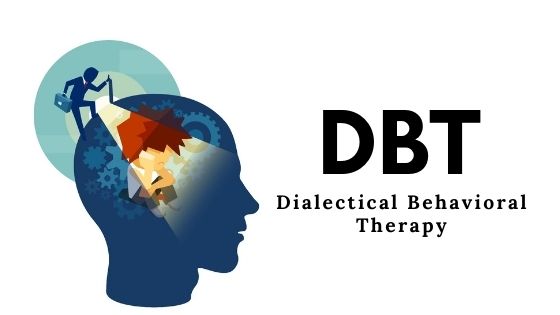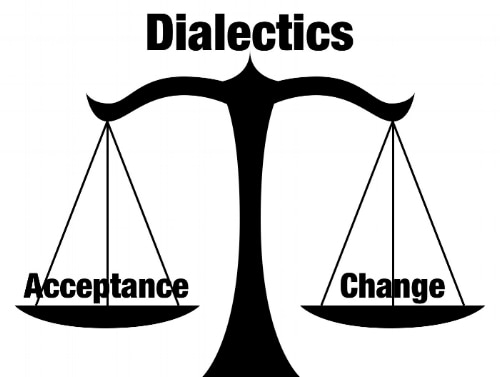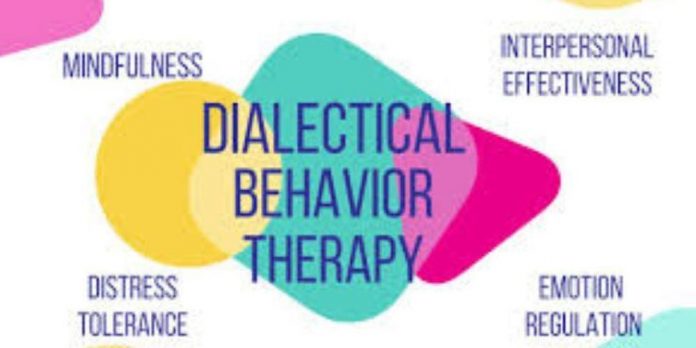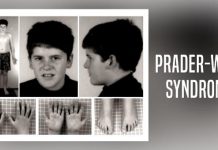One reason for the effectiveness of Dialectical Behavior Therapy is that it deals with dialectics, something all people can struggle with at times. This struggle is particularly common in those with Borderline Personality Disorder.
What are the Dialectics in Dialectical Behavior Therapy?
People often have difficulty recognizing that two seemingly opposite things can be true at the same time. They may have great difficulty holding conflicting things or feelings in balance. The effort to do this is called dialectics.
Examples of Dialectics in DBT

- A mother loves her children more than life itself but at the present moment she finds their behavior so irksome that she does not even wish to be in the same room with them.
- A husband or wife finds his or her spouse to be so lovable that he or she is fully devoted to and would lay down his or her life for the spouse, but there are certain things the spouse does that causes him or her to feel very negative feelings, making it hard to feel love in those moments.
These situations are completely normal. But how people think about and react to these situations can cause pain and dysfunction.
Destructive Responses to Dialectical Dilemmas in Borderline Personality Disorder

If two opposing feelings are very extreme, the person experiencing them can feel like he is on a seesaw. It can be difficult to reconcile and understand that children and spouses can be both extremely lovable and extremely annoying.
The person’s emotions can seesaw between loving and hateful, and contradictory loving and hateful actions may follow. This can cause great difficulty in relationships.
Dialectics and Self-Harming Behavior in DBT

Those with Borderline Personality Disorder may see themselves in this same way, either totally blameless or totally flawed. The latter can lead to self-harming behavior. Dialectical behavior therapy helps clients step off the seesaw with regard to how they judge themselves and others, and how they react. It helps people embrace their own and other peoples’ goodness while accepting any limitations that are there.
DBT and the Dialectical Dilemma of Change

Therapy is about change and change can also create a dialectical dilemma for the client. If clients enter therapy because they see themselves as not good enough as they are, motivation for therapy will eventually wane. People, rightfully, get tired of trying to make themselves acceptable to other people, resentment will often set in, and the attempt to change is thwarted.
However, if people totally accept themselves as they are, and believe that other people are the problem, then there is no motivation to change either, so therapy in this case will also be thwarted.
DBT is about accepting the self as good enough and lovable enough, just as the person is. At the same time, there is a recognition that the individual does contribute to his or her own problems, and can do better.
In this atmosphere of total acceptance with the expectation of change as well, dialectical behavior therapy begins.
This article is for general information only and is not a substitute for personal mental health care. Anyone with troubling symptoms or questions should consult a qualified mental health professional in person.


















